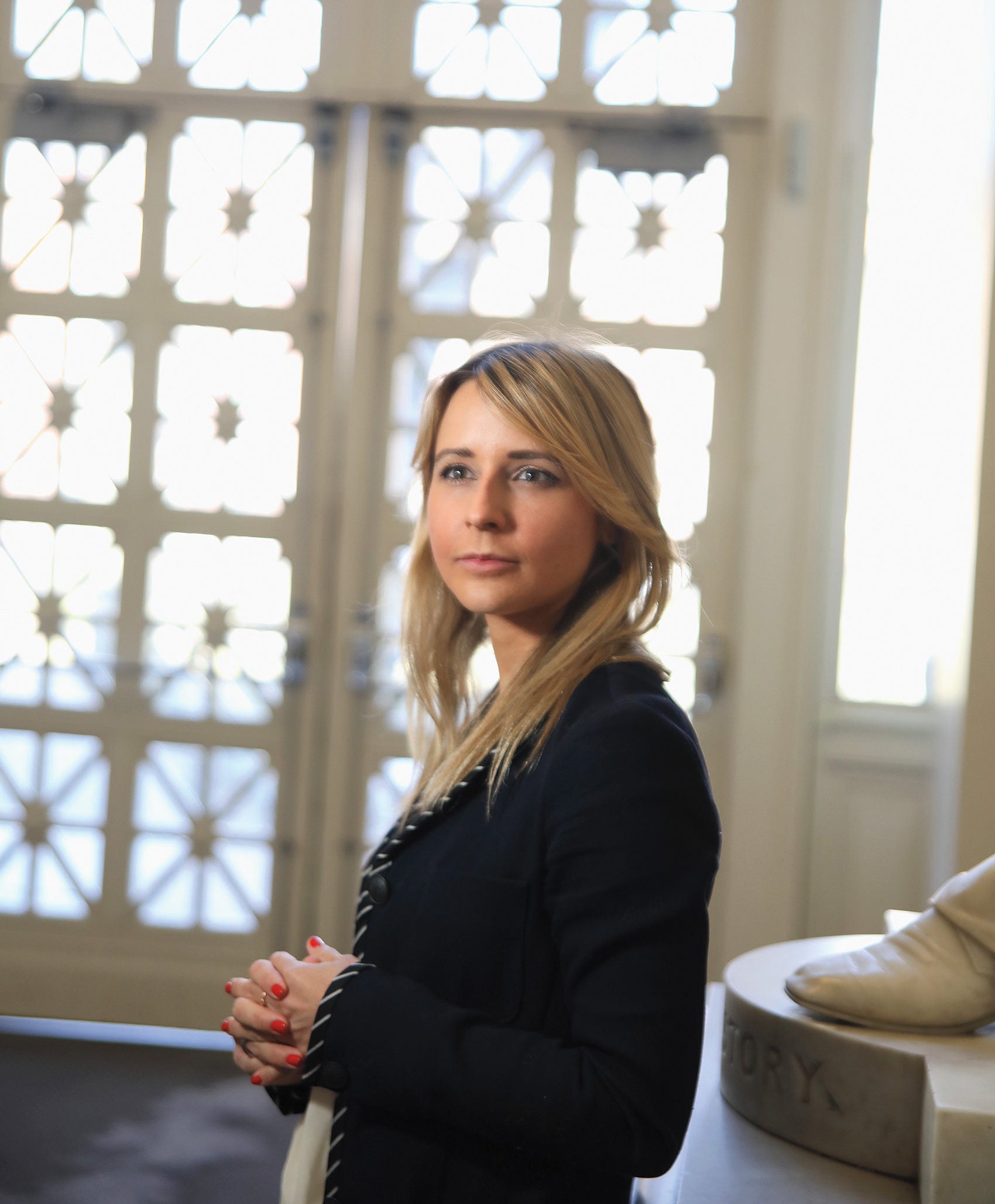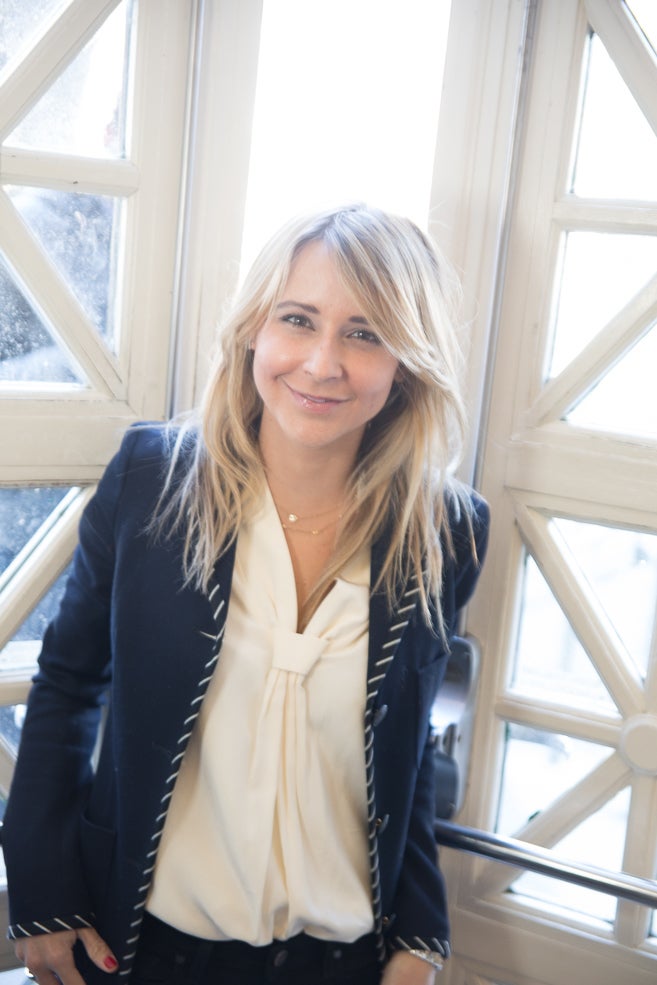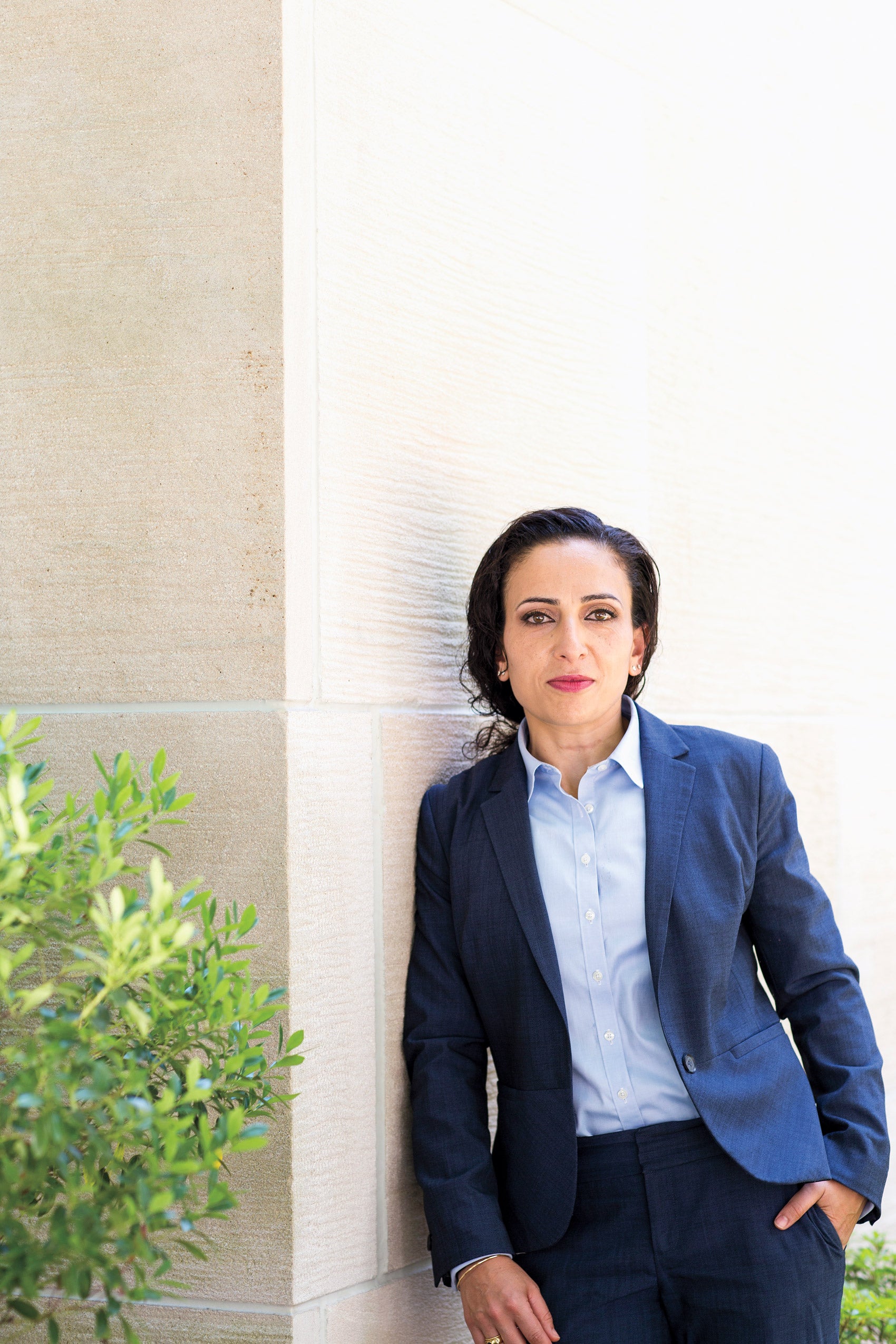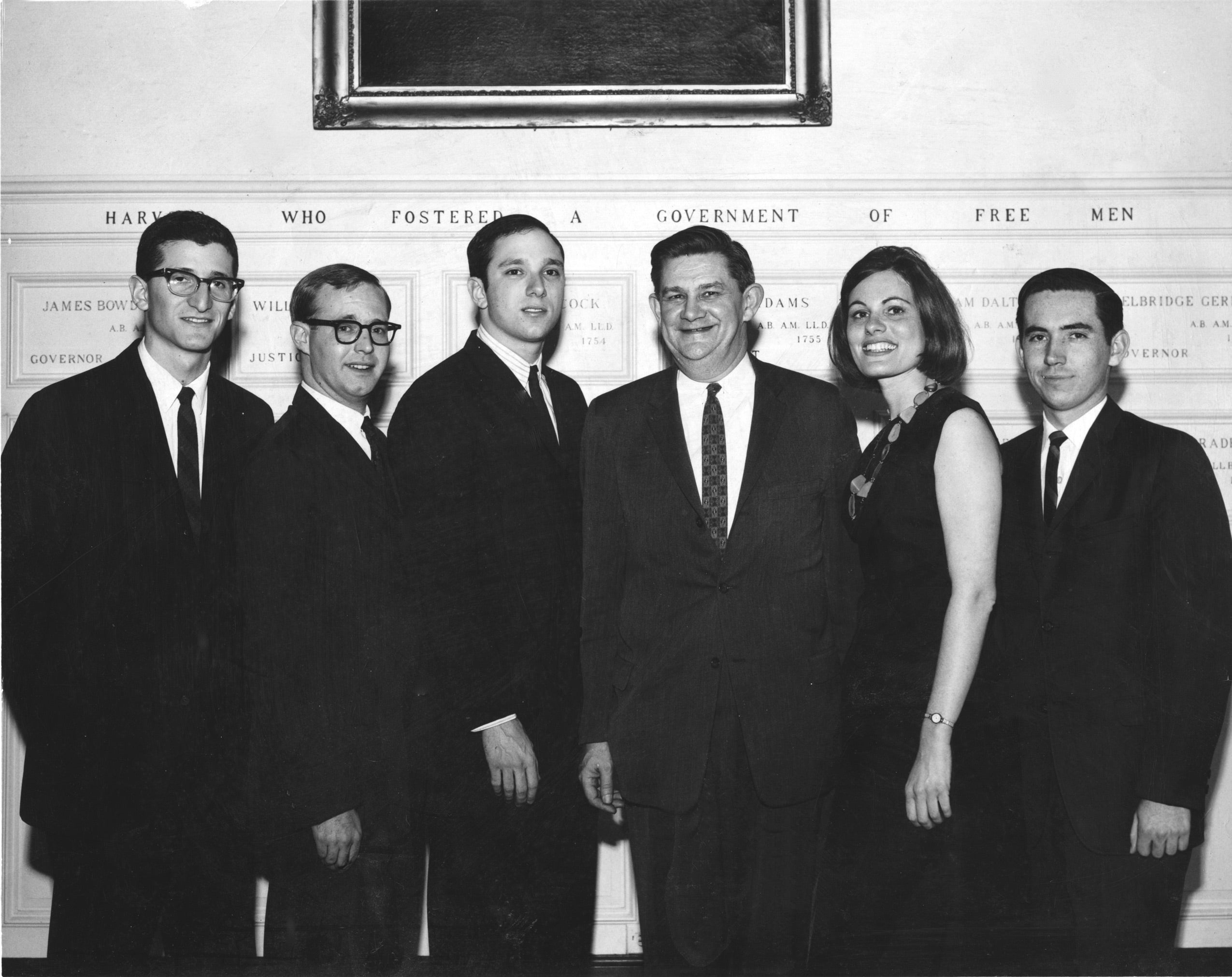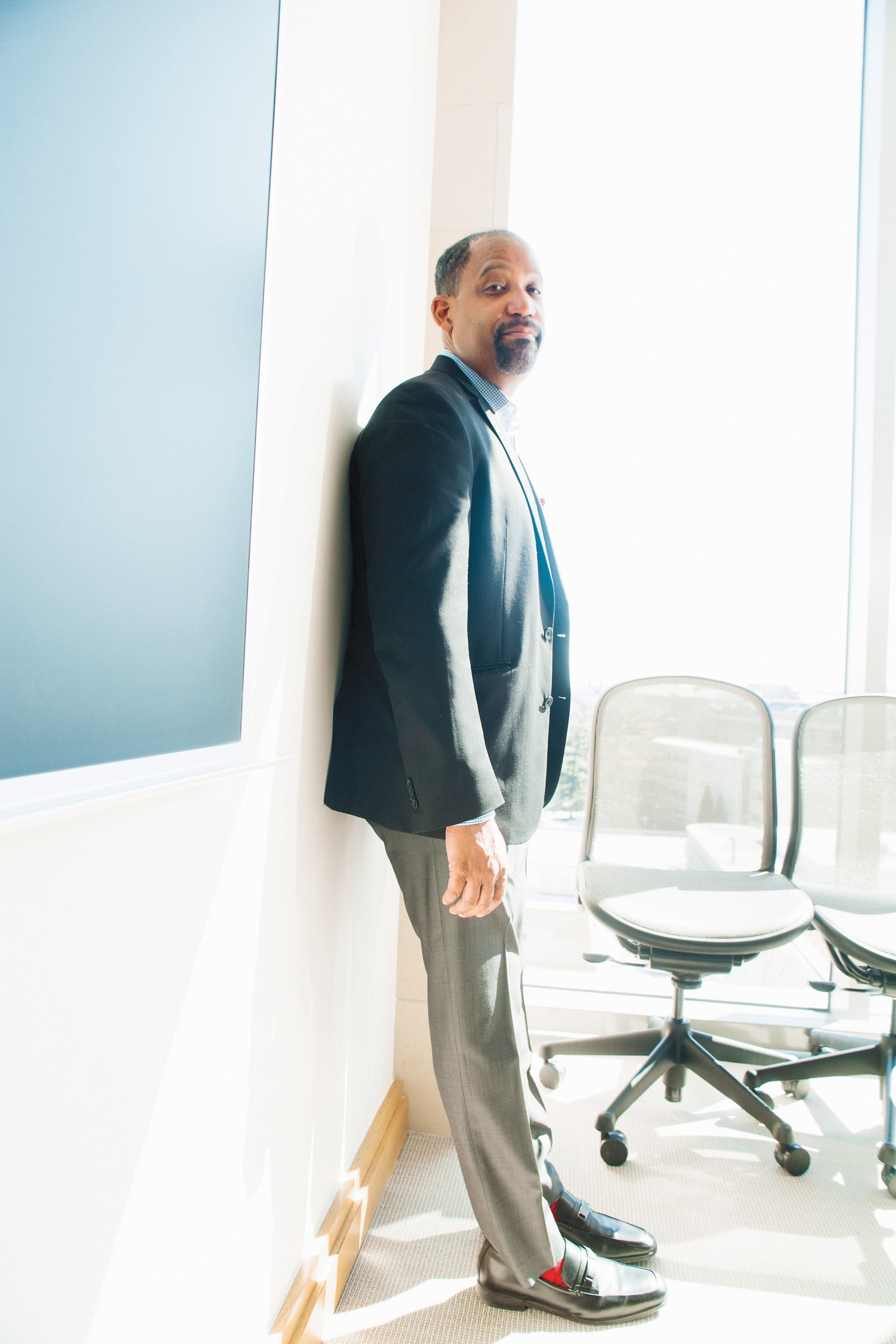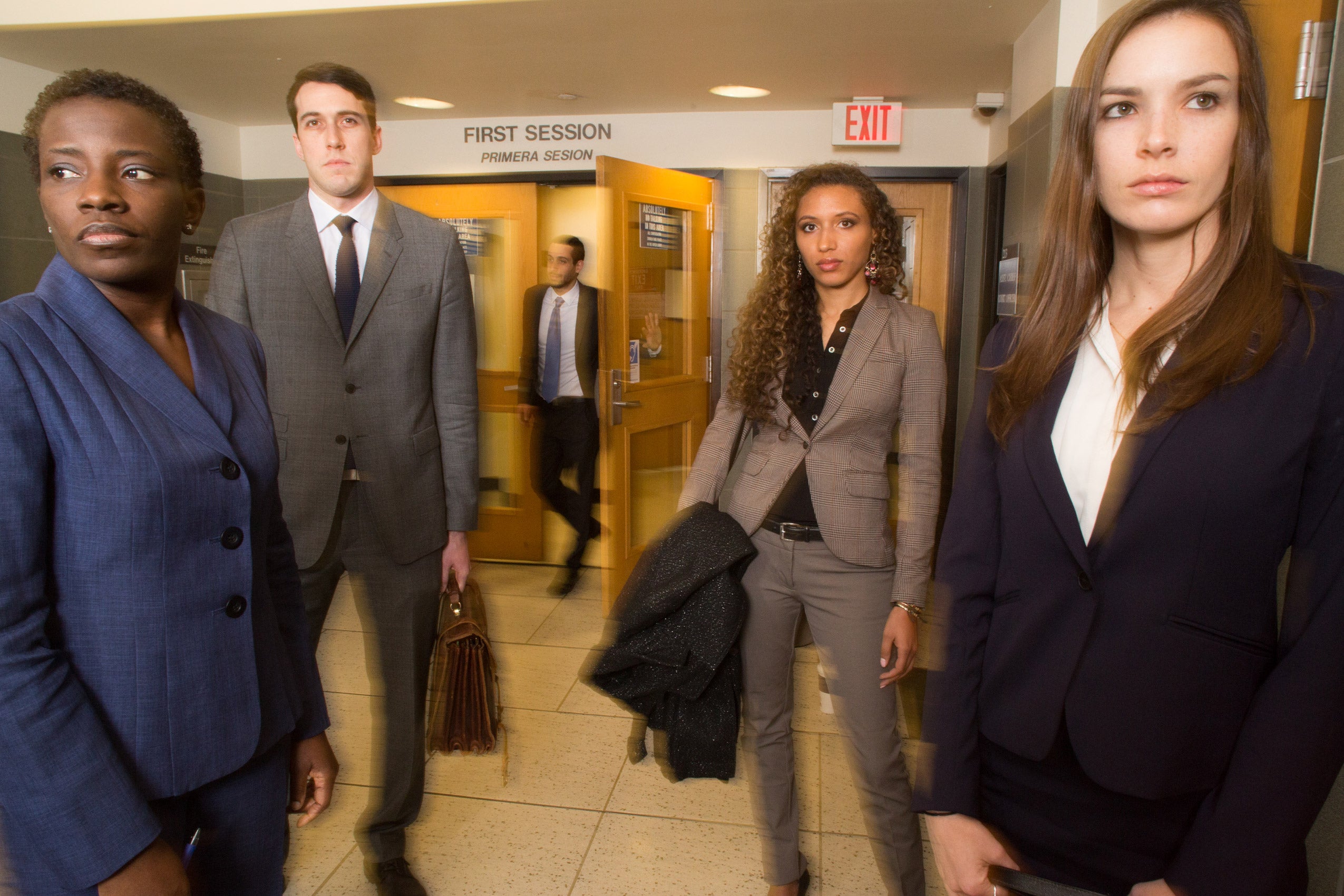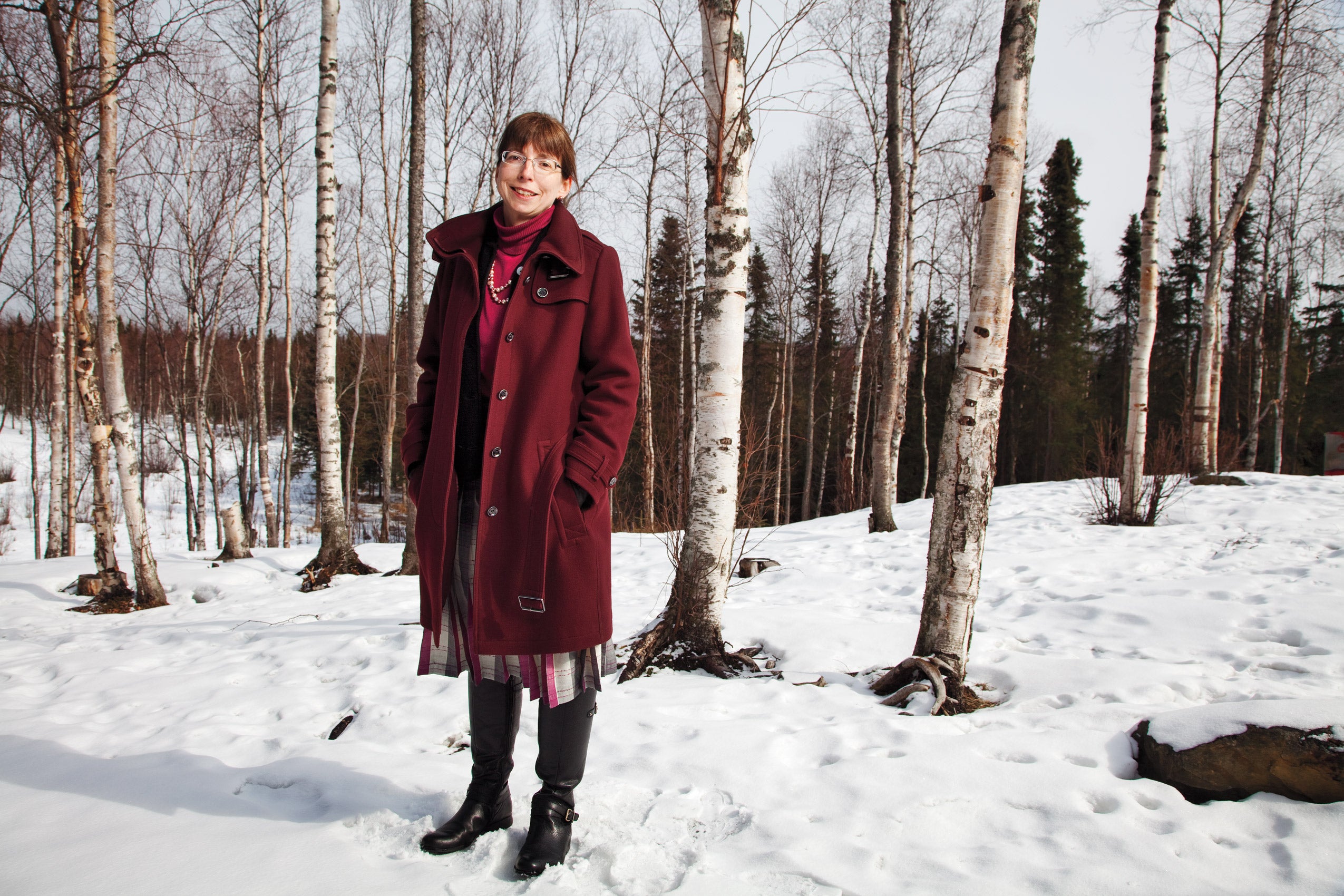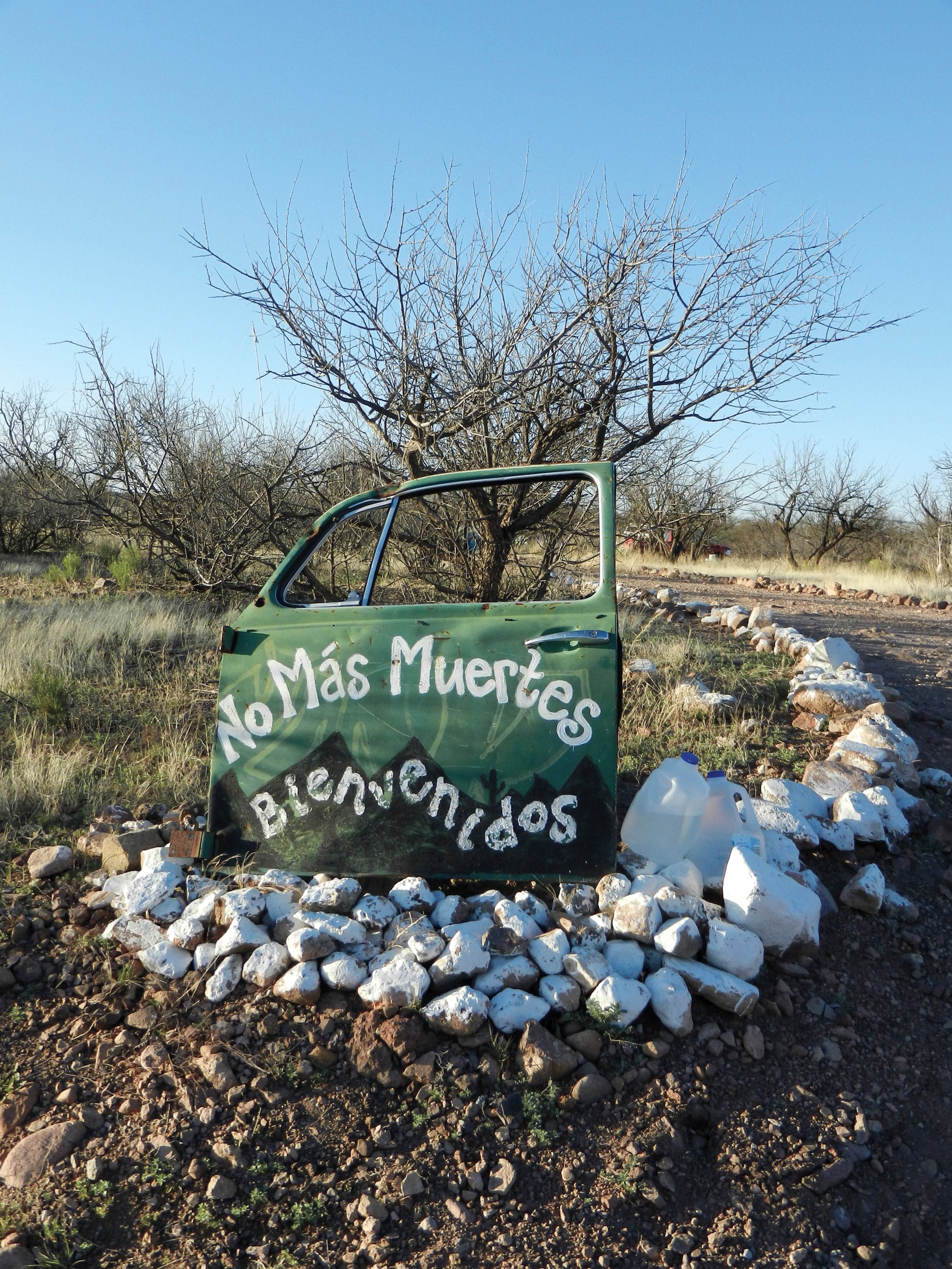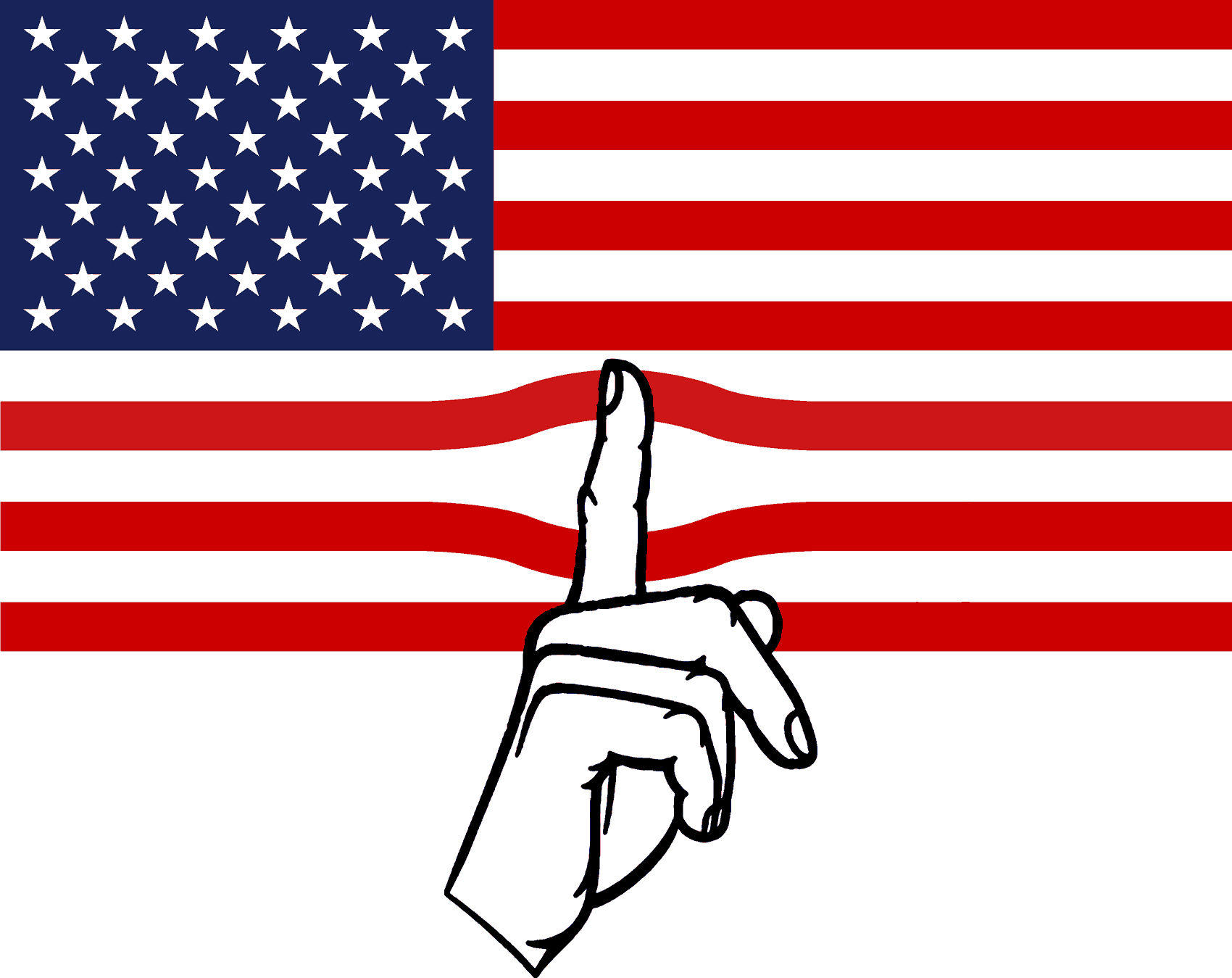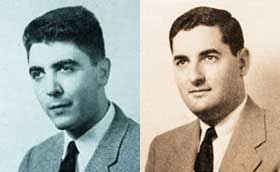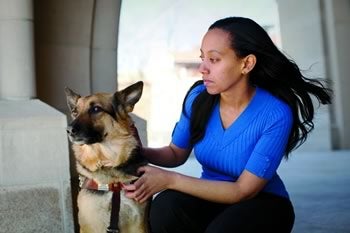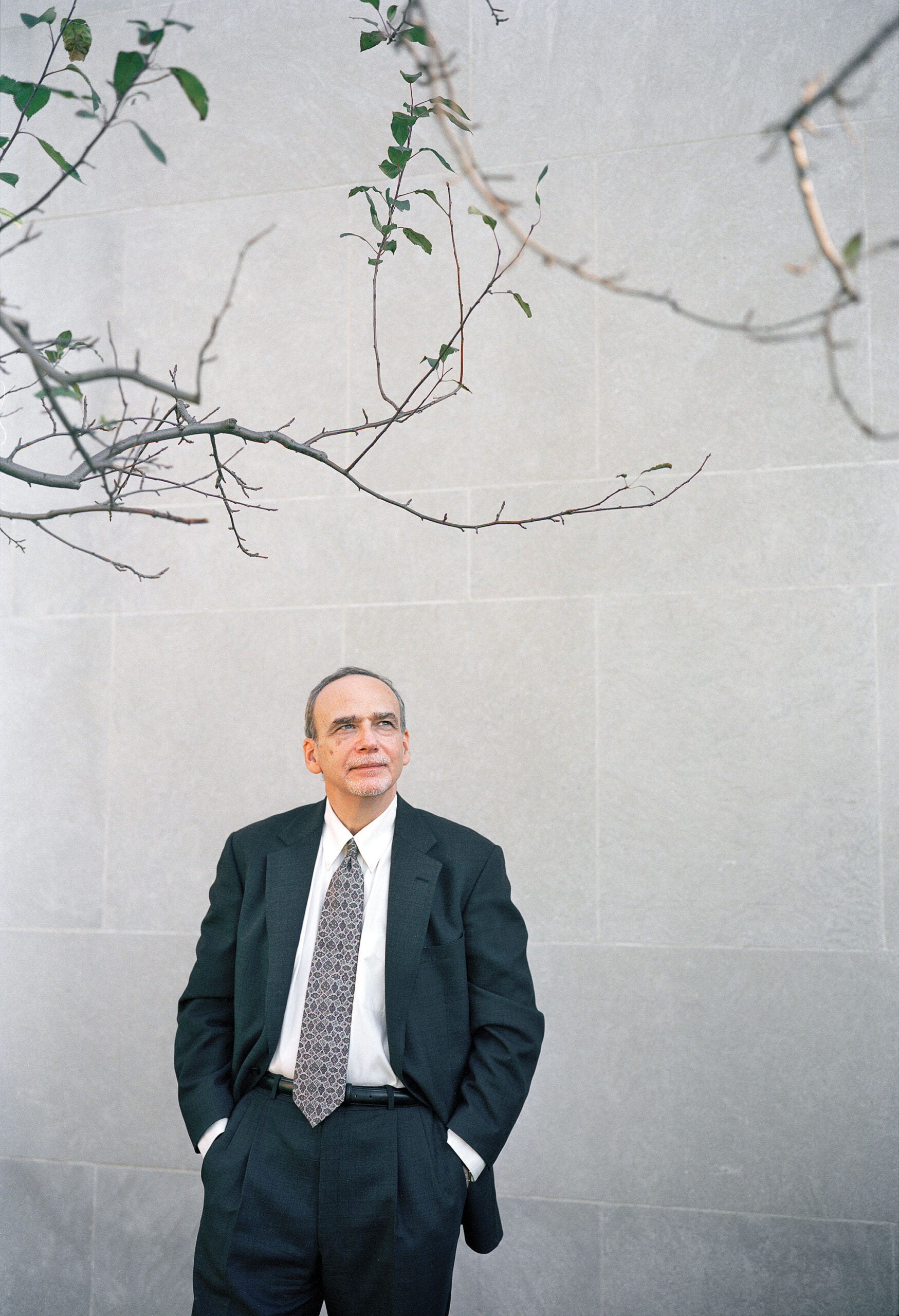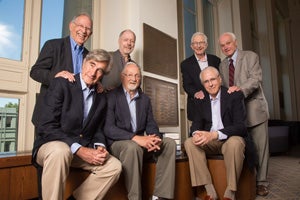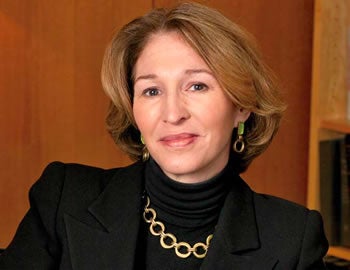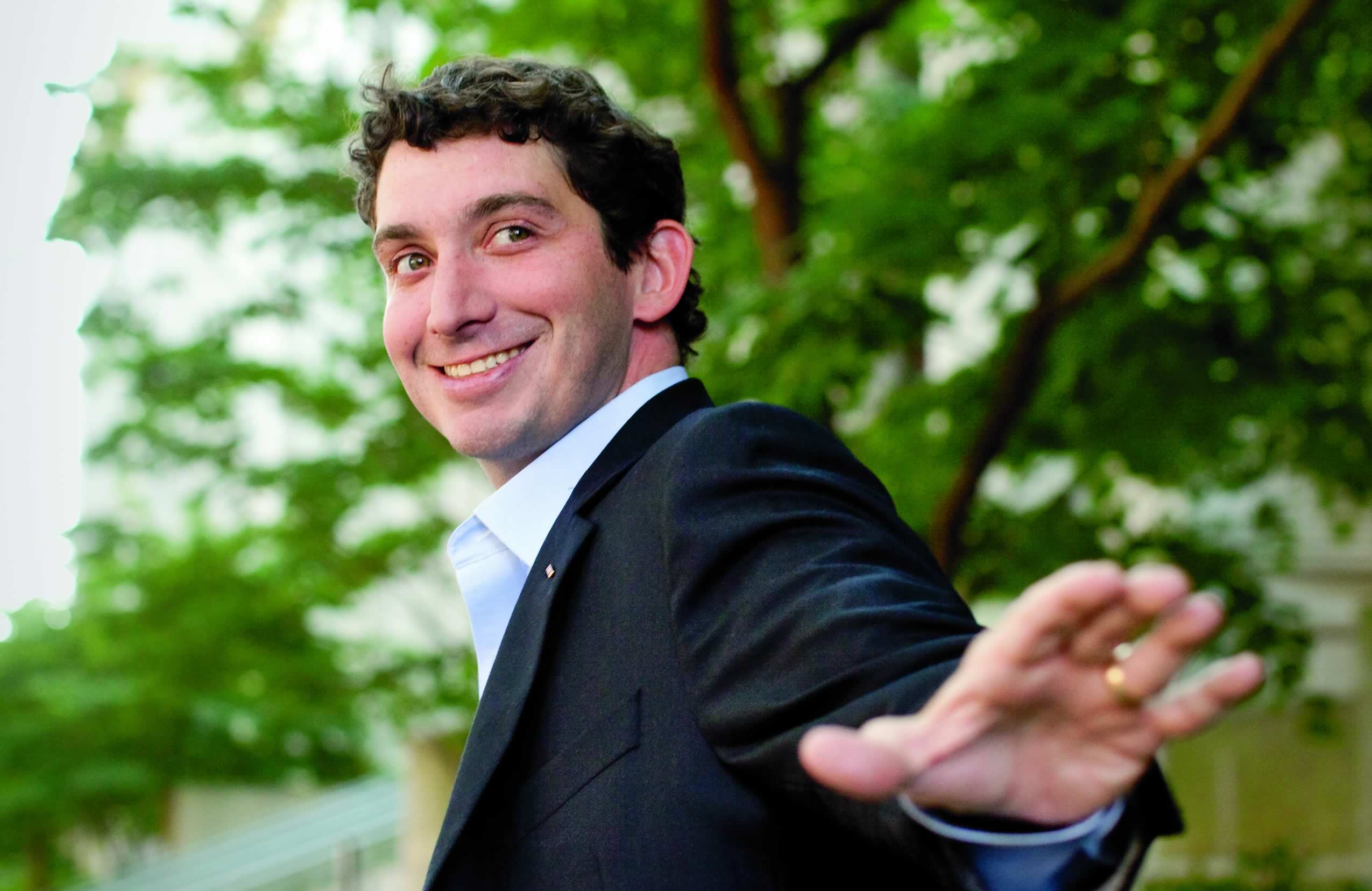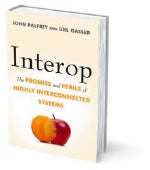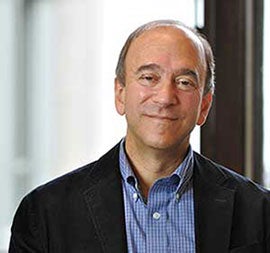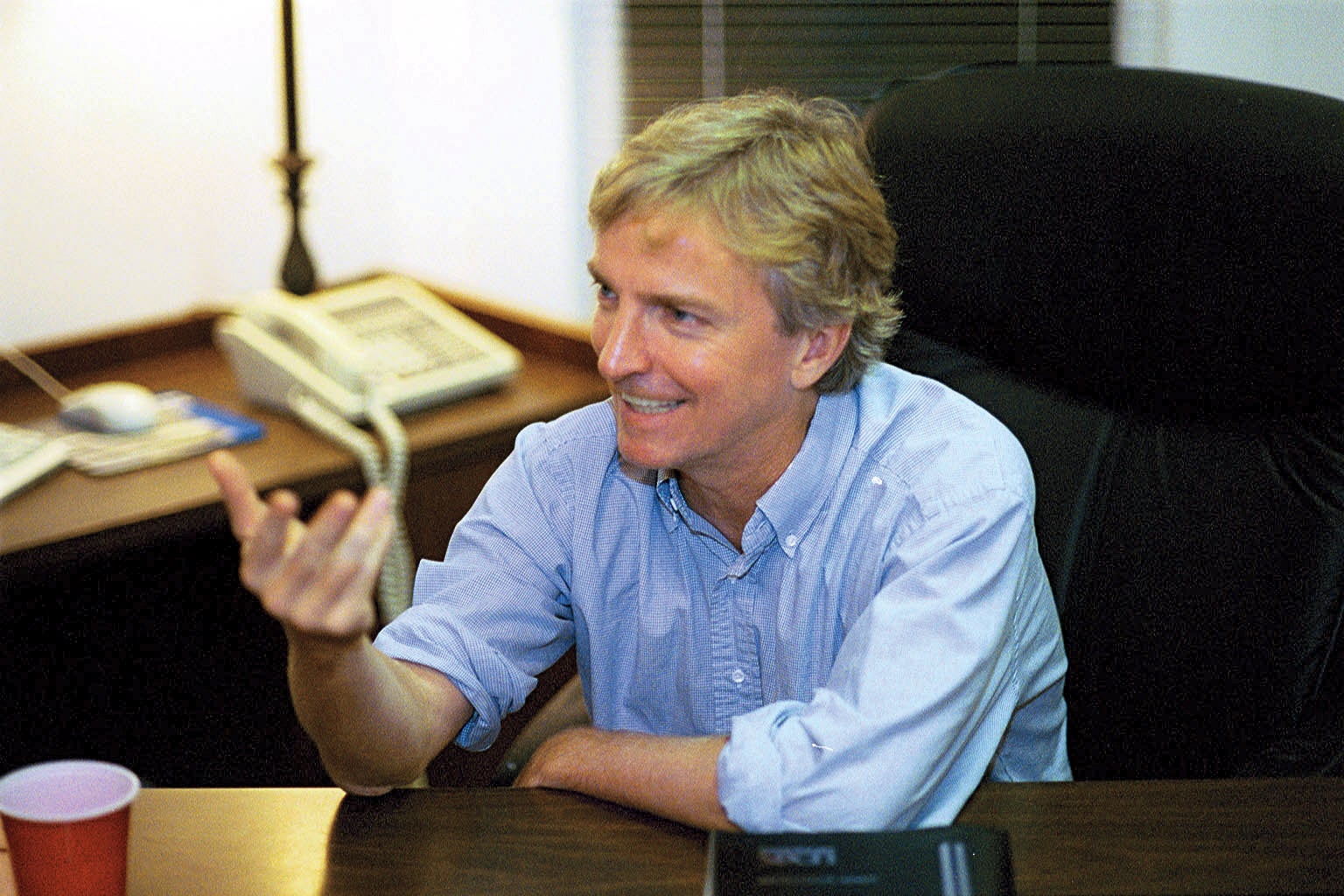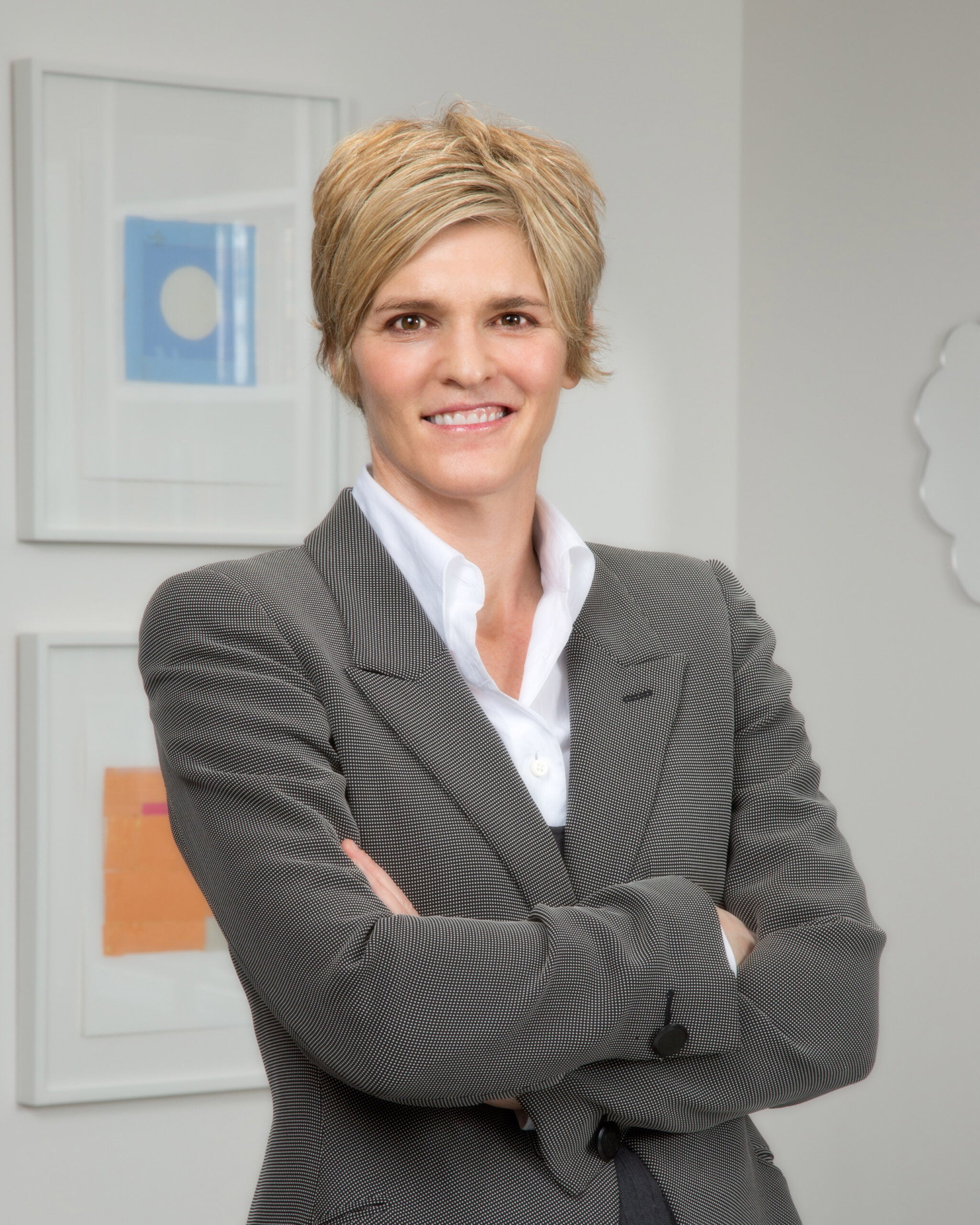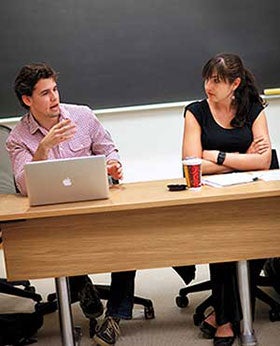Latest from Katie Bacon
-
Time Capsule
May 10, 2016
In the fall of 1962, Caroline “Cal” Simon ’65 started at Harvard Law, one of 23 women in a class of 540. Her reflections on the experience are perfectly preserved in dozens of sharply witty letters she wrote to her family—letters she rediscovered when her father died. Together, they give an indelible sense of life at the school in the mid-1960s, and specifically, life as a woman there, a decade after women were first admitted.
-
First Line of Defense
May 4, 2015
Students represent the indigent in courts where judges ask, ‘Is Harvard in the building?’
-
Stock in Trade: Ingenuity
May 15, 2014
An immigration lawyer impresses the MacArthur Foundation (Even the General would have been impressed).
-
Faculty Viewpoints: Benkler on civil liberties and security in a post-9/11 networked world
January 1, 2014
This summer, when Chelsea Manning (then known as Private Bradley Manning) was on trial for passing hundreds of thousands of documents obtained from military computers to WikiLeaks, Harvard Law Professor Yochai Benkler ’94 testified for the defense. Benkler’s work—including his 2011 case study of the legal wrangling related to WikiLeaks—has put him in the middle of the debate over the balance between civil liberties and security in a post-9/11 networked world.
-
Friends in Deed
July 1, 2013
Back before students could get their readings in a digital format and listen to them on their computers, Joseph F. Nocca ’55, legally blind since childhood, found his own way to get through his law school assignments. A friend from college, Arthur J. Greenbaum ’55, also enrolled at HLS, offered to take the same classes as Nocca and read all the material to him aloud.
-
A Self-Advocate Is Now Also a Legal Advocate
July 1, 2013
As a deaf-blind student with very limited sight and hearing, Haben Girma '13 learned that you must be a self-advocate and come up with creative solutions to the problems you face. If that fails, she says, then the law can be a strong ally.
-
All’s Fair in Lawfare
December 21, 2012
A little over a year ago, HLS Professor Jack Goldsmith, Benjamin Wittes and Robert Chesney ’97 decided almost on a whim to put their collective experience…
-
Thirty-five years ago, after majoring in mathematics at Harvard and receiving a Ph.D. in the same subject from MIT, HLS Professor Gerald Neuman ’80 switched from the field of math to the field of law—from “truth to justice,” he said in an interview in his office in Griswold Hall. That decision has led to a career of teaching and writing on international human rights law and comparative constitutional law, and to his election last fall to the U.N.’s Human Rights Committee, a body of 18 independent experts who assess and critique countries’ records on civil and political rights.
-
Ames Moot Court Competition 1959: Remembering a signature accomplishment
November 20, 2012
On a sunny day in June, seven members of the Sacks club, the team that won the Ames moot court competition in 1959, met on the steps of Langdell library to reminisce over what they called their “unlikely” victory, and to talk about where their lives had taken them in the fifty years since.
-
Competing Ambitions
October 1, 2012
After the release of her article “Why Women Still Can’t Have It All,” Anne-Marie Slaughter ’85 was engulfed in what she calls a “tsunami” of her own making.
-
A Theory of Connectivity
October 1, 2012
The highly connected nature of today’s world has all sorts of benefits—but all sorts of potential costs as well, from loss of control of private data to a world financial system so intertwined that when one part of it falls, it’s hard to keep other parts from toppling along with it. In “Interop: The Promise and Perils of Highly Interconnected Systems,” John Palfrey ’01 and Urs Gasser LL.M. ’03 draw on their work at the HLS Berkman Center for Internet & Society to start developing a “normative theory identifying what we want out of all this connectivity.”
-
On his priorities for the HLS Environmental Law Program, his experience arguing before the Supreme Court and on why climate change legislation is especially vulnerable to being unraveled over time.
-
Atticus Finch with a Laptop
July 1, 2012
Robert McDuff ’80 remembers clearly what first got him thinking about civil rights and the profession of law. In 1968, when he was 12, he read a newspaper account of a murder trial in his hometown of Hattiesburg, Miss. The victim was an African-American shopkeeper and civil rights leader killed by the Klan after he let other other African-Americans use his store as a place to pay their poll taxes.
-
Plugged In: Lazarus and Freeman bring experience shaping environmental law and regulation
July 1, 2012
This spring, hundreds of people packed the Washington, D.C., Circuit Court to hear a challenge to the Environmental Protection Agency’s authority to regulate greenhouse gases, in one of the most closely watched cases of the year. Among them were the students in Professor Richard Lazarus’ Advanced Environmental Law in Theory and Application class.
-
Page Turners: Reading Groups Cover New Ground
July 1, 2012
Last summer, Professor Robert Mnookin ’68, found himself wanting to know more about U.S.-Cuba relations. “I had an idea that there was a very interesting set of questions related to when, how and whether the two countries would ever negotiate a reconciliation,” he says. He decided to investigate by teaching a reading group—a small, 1-credit class, where 2Ls and 3Ls are able to dig deeply into a given topic in a way that provokes extended discussion among the group. “I am not an expert on Cuba; I’m an expert on negotiation, and what a reading group allowed me to do is learn with the students about an area I didn’t know much about,” he says.
- 1
- 2
